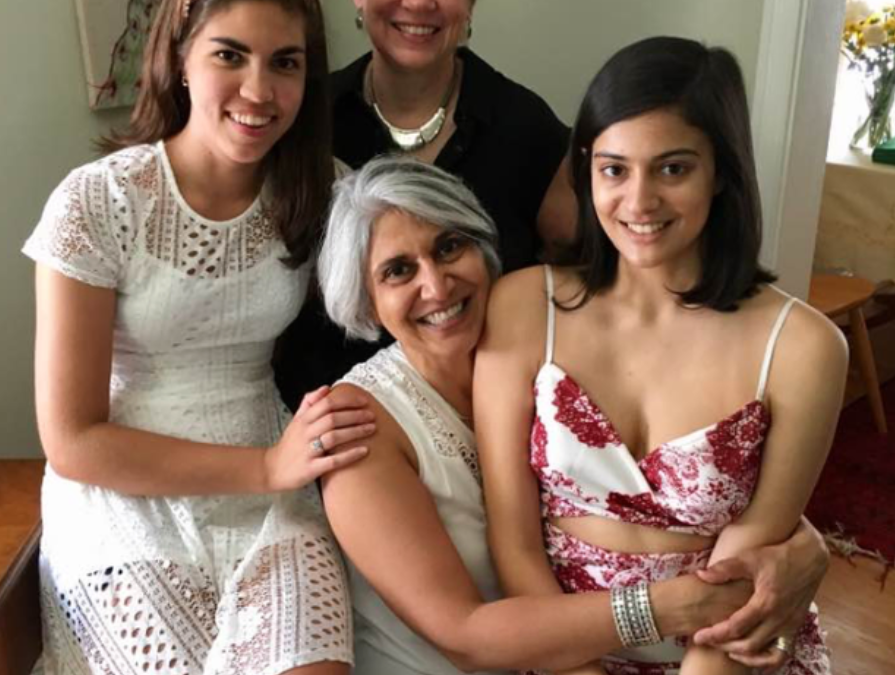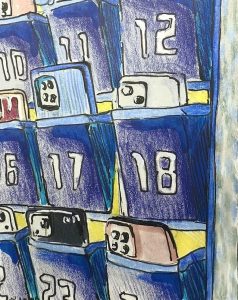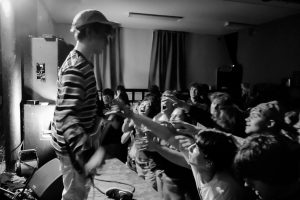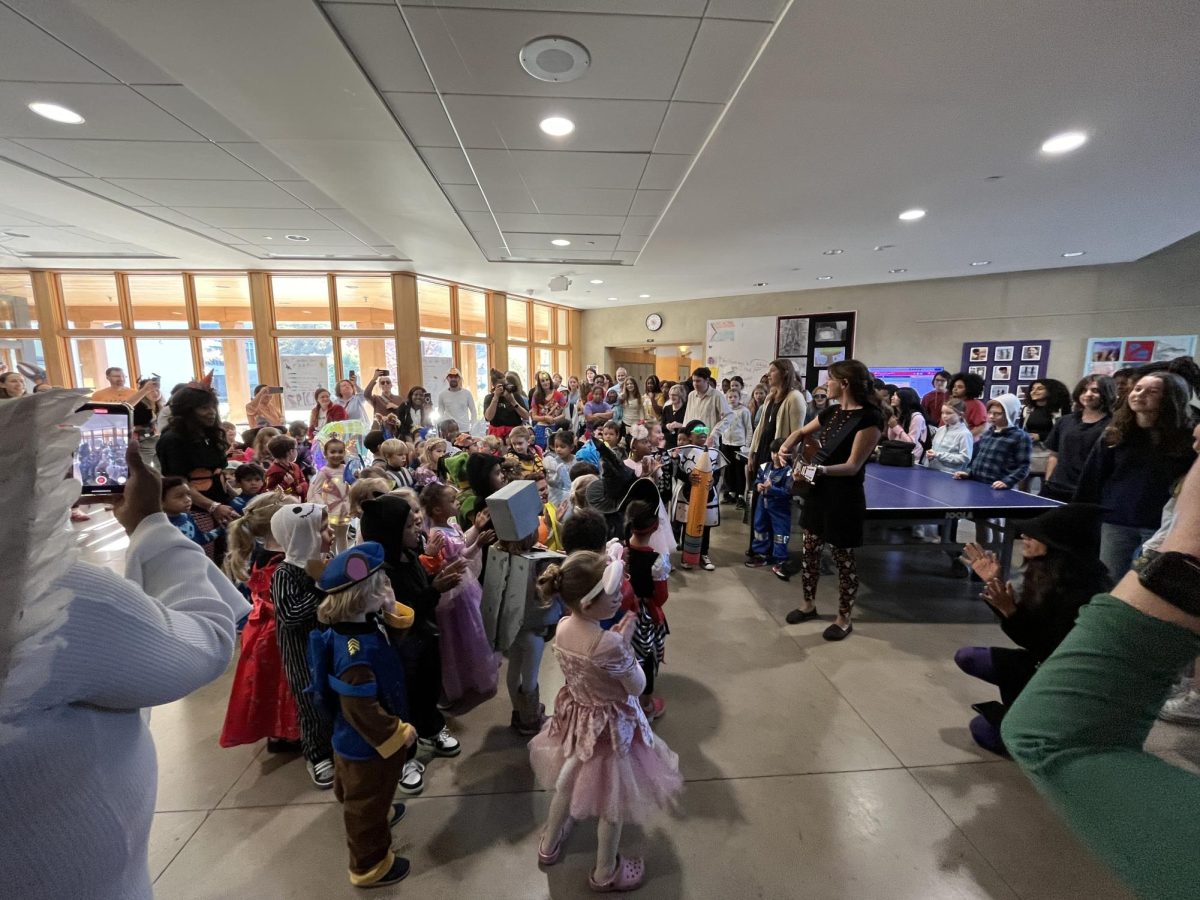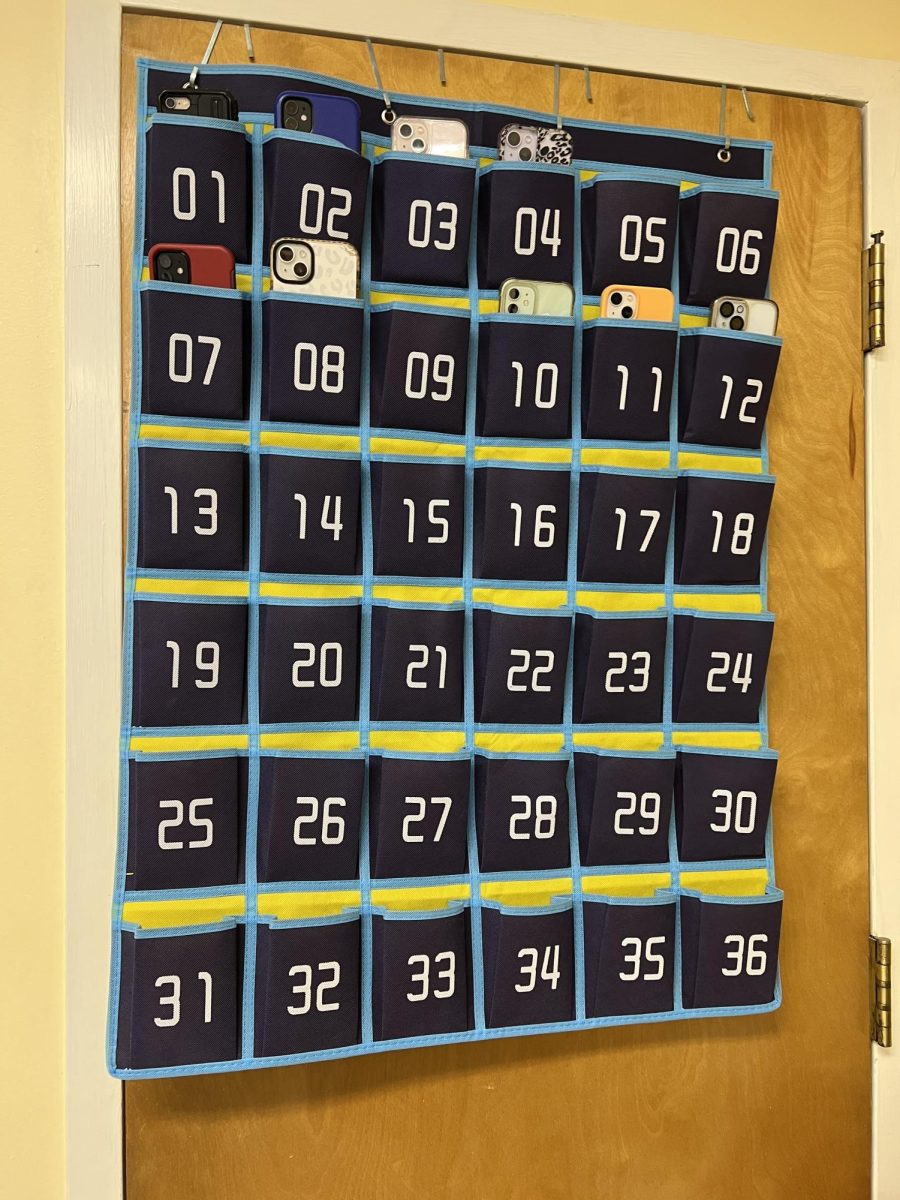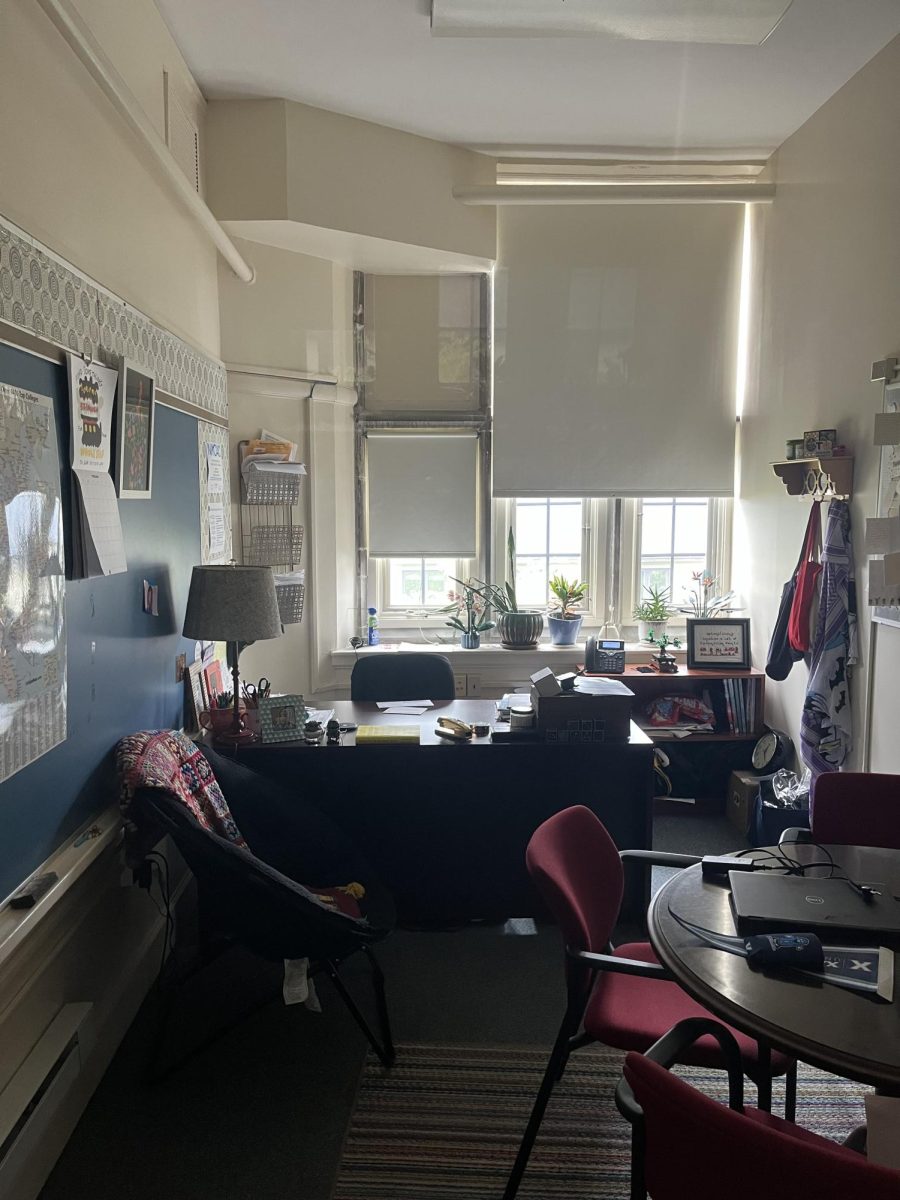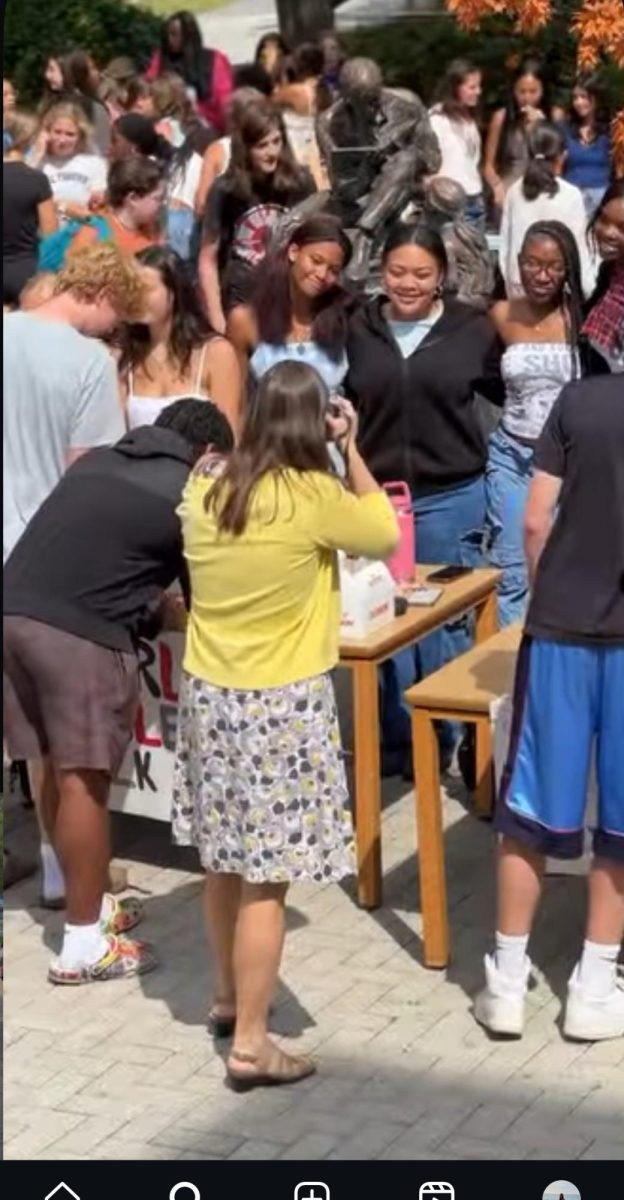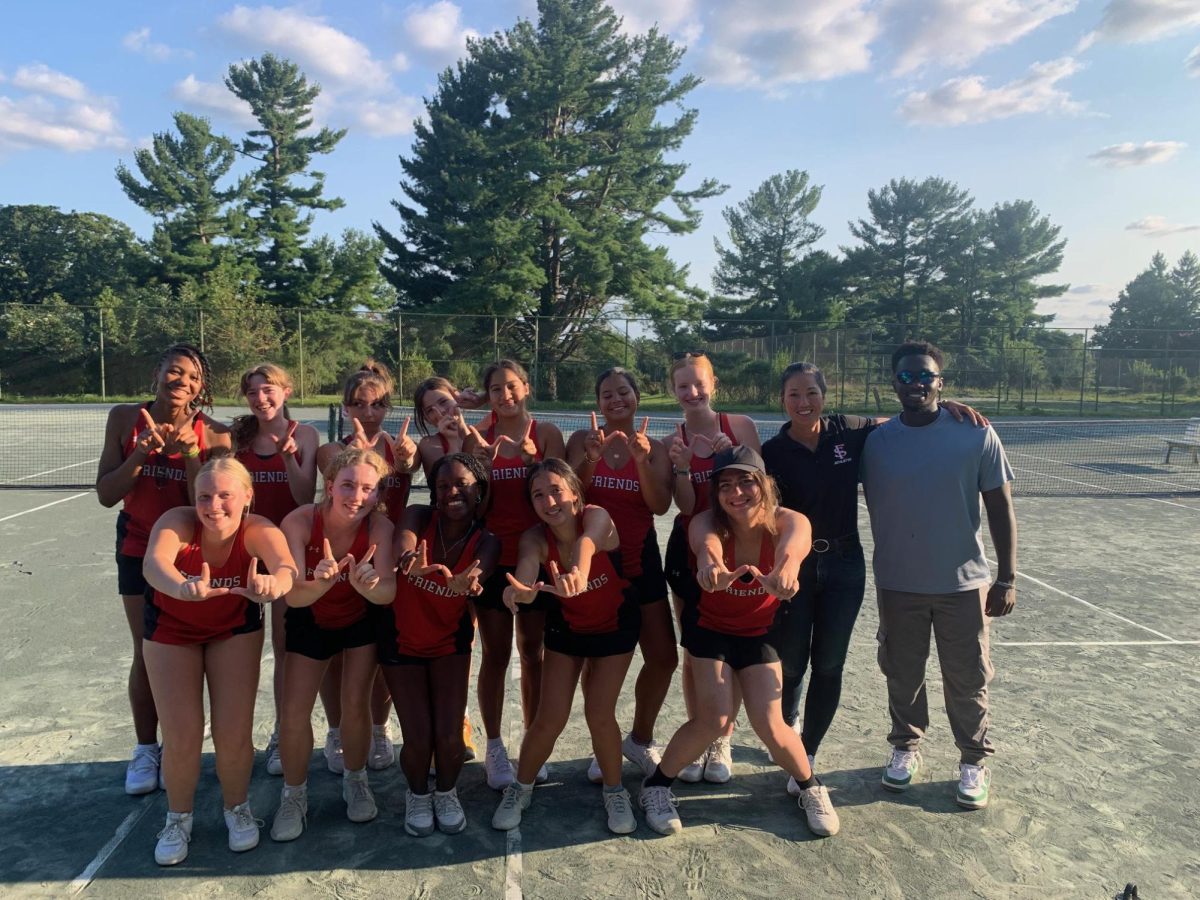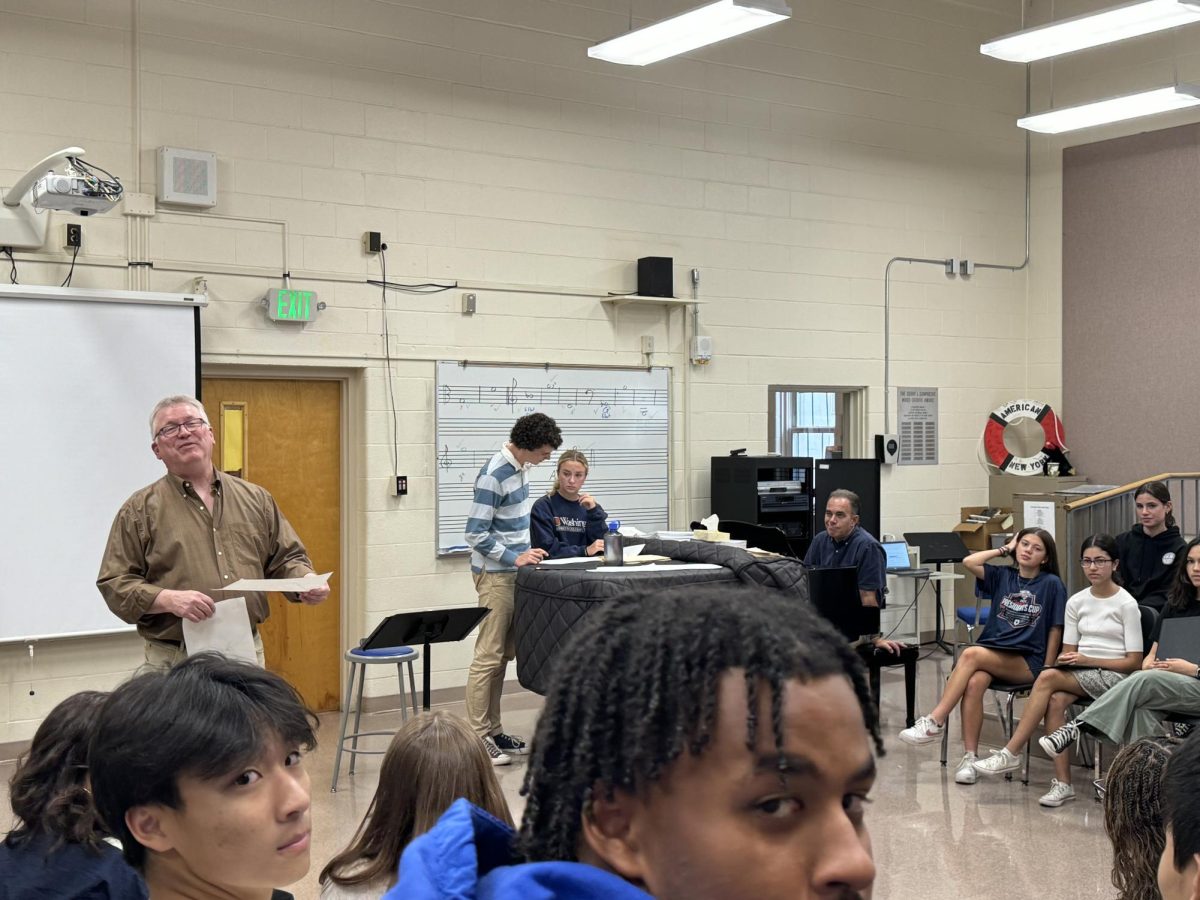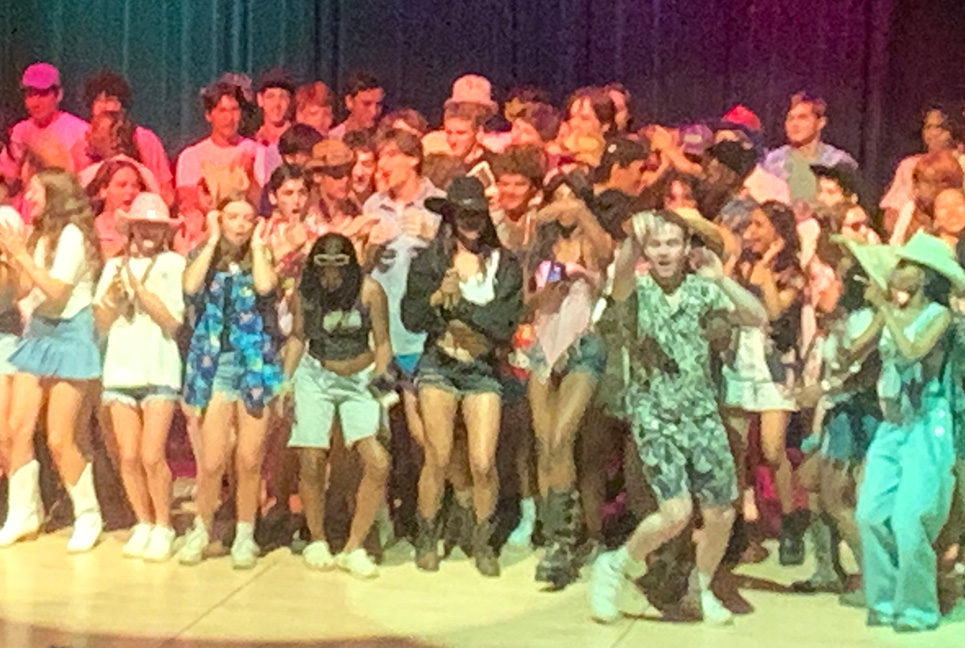Marriage Equality Pioneer in our Midst
Friends teacher Gita Deane and her wife Lisa Polyak fought a landmark battle for LGBTQ+ civil rights.
3rd grade teacher Gita Deane, center, with her family
November 13, 2019
If anyone can speak to the history of LGTBQ+ representation at Friends, it’s 3rd grade teacher Gita Deane. The battle she fought for marriage equality in Maryland changed minds – and eventually laws.
Ms. Deane is originally from India. After high school in Pune and Japan, she came to the States for college in 1979. There she met her partner, Lisa Polyak (aunt to Victor Polyak, Friends’ new physics teacher).
In the late 1990s, the couple decided they wanted to have children, and to be parents who were out and proud.
“We didn’t want our kids to grow up with shame,” Deane says.
This wasn’t easy, for them, or for their children. When their daughters were in elementary school, Deane remembers, kids told them: “You can only play this game if you have a mom and a dad,” and “You don’t know what you’re missing by not having a dad.”
From 2001 to 2003, Deane worked at Friends as the learning specialist in the Middle School. In those days, she says, Friends was not a place where she felt safe being out. Some colleagues seemed affronted when she mentioned her partner and her children. “Why do you have to bring it up?” she remembers them asking. When she asked around, she was told there was only one other teacher who was “kind of” out. She and her partner chose not to enroll their kids here. Instead, she moved on to Bryn Mawr and Goucher.
In 2004, Deane and her partner were approached by the ACLU of Maryland and Equality Maryland and asked if they would consider being part of a group of couples fighting for marriage equality. They agreed, and became two of 19 plaintiffs who brought a lawsuit to state courts demanding the right to marry. They were picked to be the lead couple on the lawsuit “Deane and Polyak vs. Conaway.” They were both nervous, mainly fearing the backlash their children would receive.
They were right to worry. When their court case made the news, her daughters got hate mail through their school emails. Their moms asked the school to block the senders. And they kept fighting.
“Even though we are marginalized and we don’t have these rights, we are still in a place of privilege to tell our story,” Deane remembers them saying to one another. “We knew that neither of us would get fired from our jobs. We also recognize that we have an incredible story to tell because of all of the struggles we had to overcome and had yet to overcome.”
In the end, they lost. In 2007, the court upheld the state law that barred same sex couples from marrying. In 2011, the couple got married in a DC hotel, surrounded by a small group of friends. “We couldn’t wait for Maryland to get their act together,” Deane says.
But then, in 2012, partly thanks to the groundwork their case laid, same-sex marriage was put to a vote. It passed, and became legal in Maryland.
Last year, Deane returned to Friends to teach in the Lower School. She says the change in climate is dramatic. When she drove up to the school for her interview, she saw the rainbow pride flag flying over the Micciches’ house.
That was “an unbelievably, heartwarming, emotional experience for me,” she says. “Because symbols – to people who are not reflected in the majority – mean everything. Especially people who have had struggles.”
Coming to work at Friends today feels so different from 15 years ago, Deane says.
“I can now bring my identity completely to work: my immigrant, Indian, lesbian identity to work,” she says. “I never realized how extremely liberating that was.”
Deane says she wants to give credit to the administration for creating an environment that allows her to display her family photos without shame.
Last fall, the Lower School made a bulletin board for LGBTQ+ history month, of queer faculty/staff family photos. Deane’s was the only family on it. This month, the same bulletin board features photos of four faculty, staff, and administrator families with LGBTQ members – including the Head of School’s.

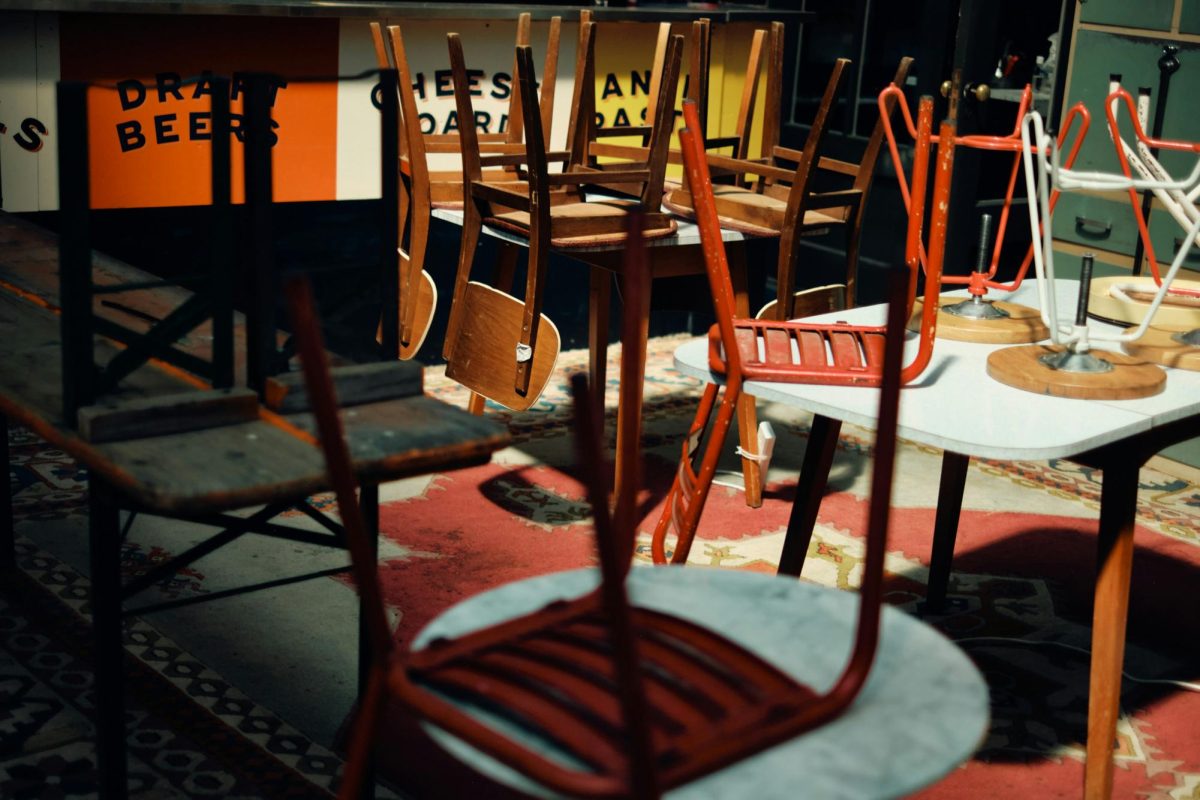

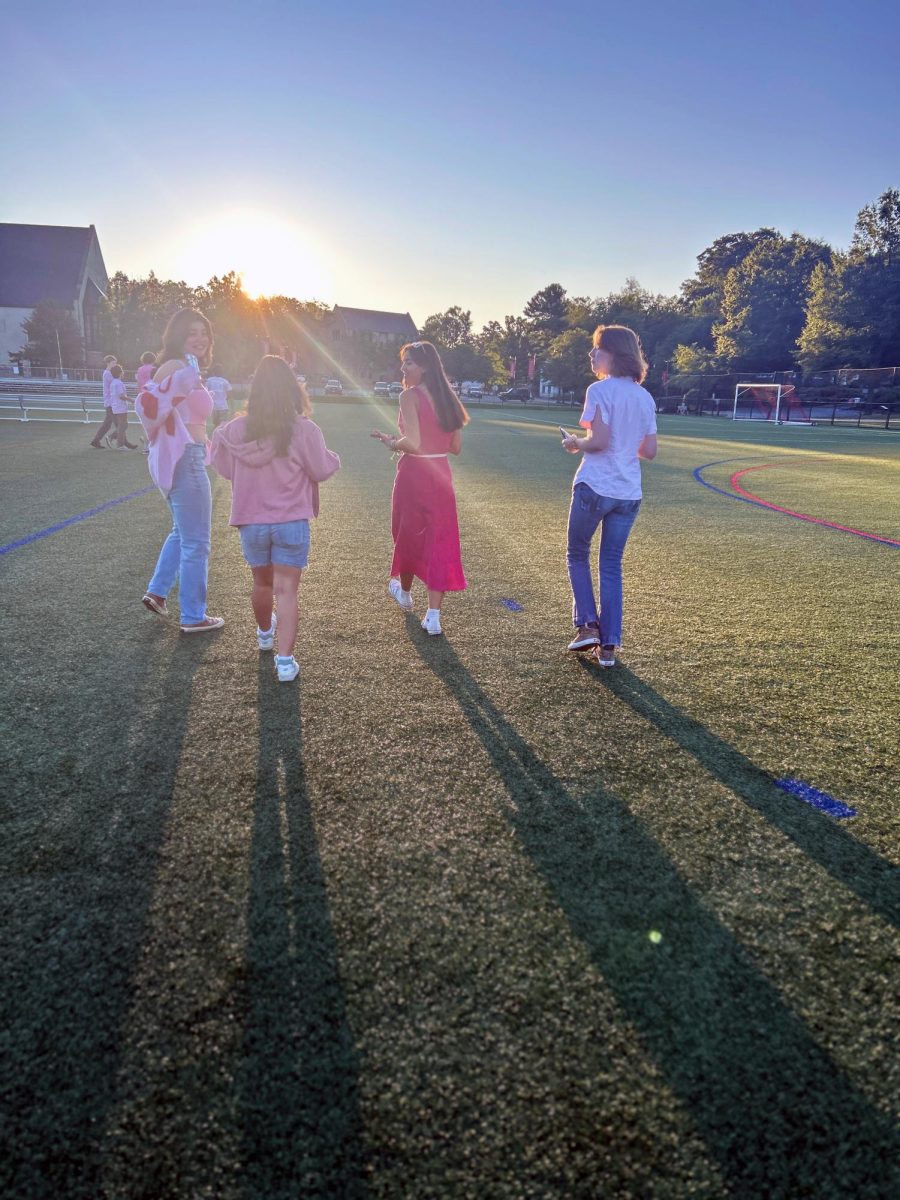
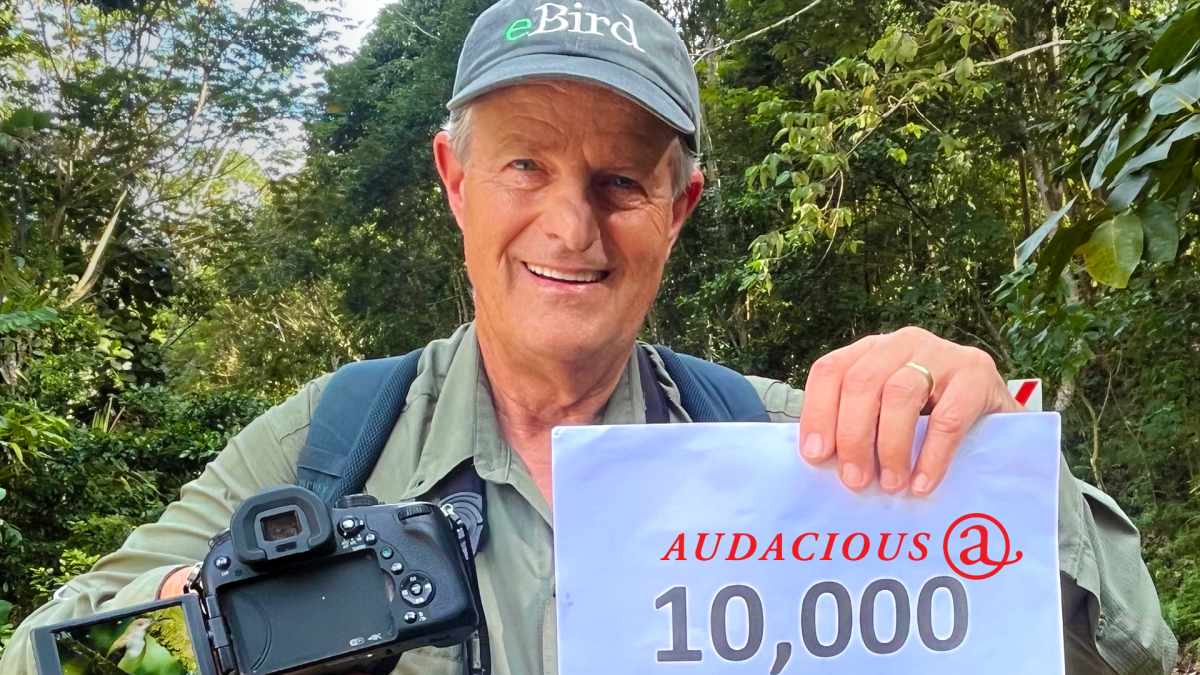


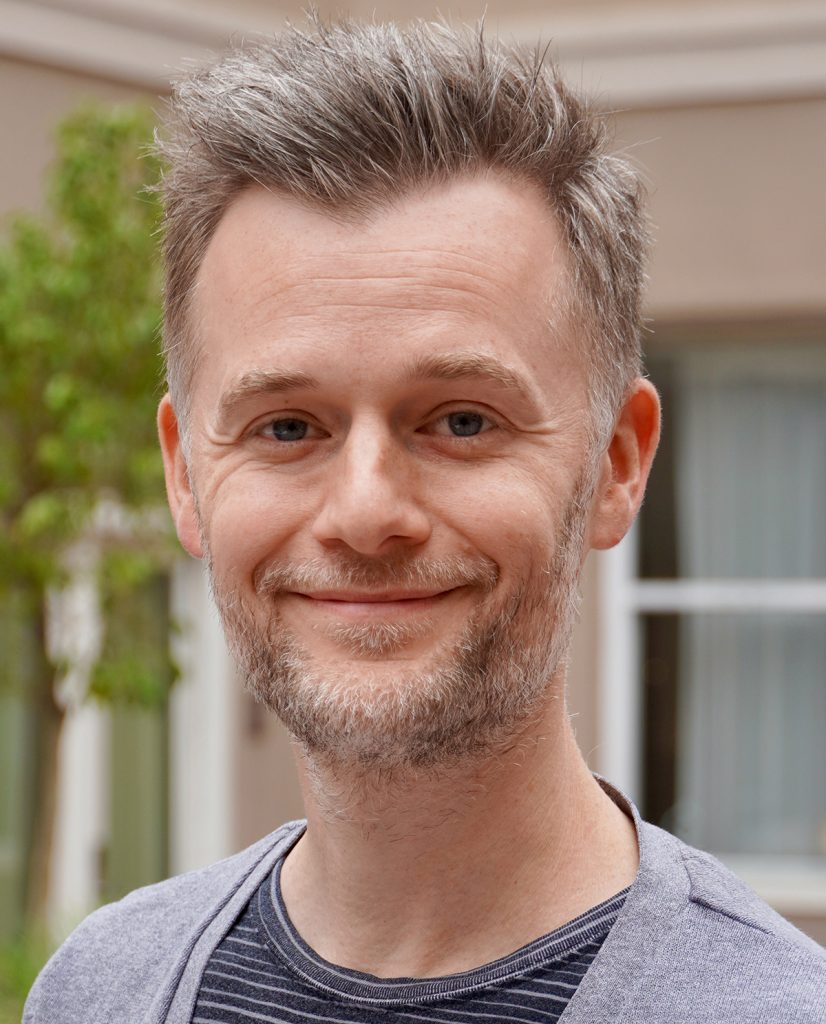

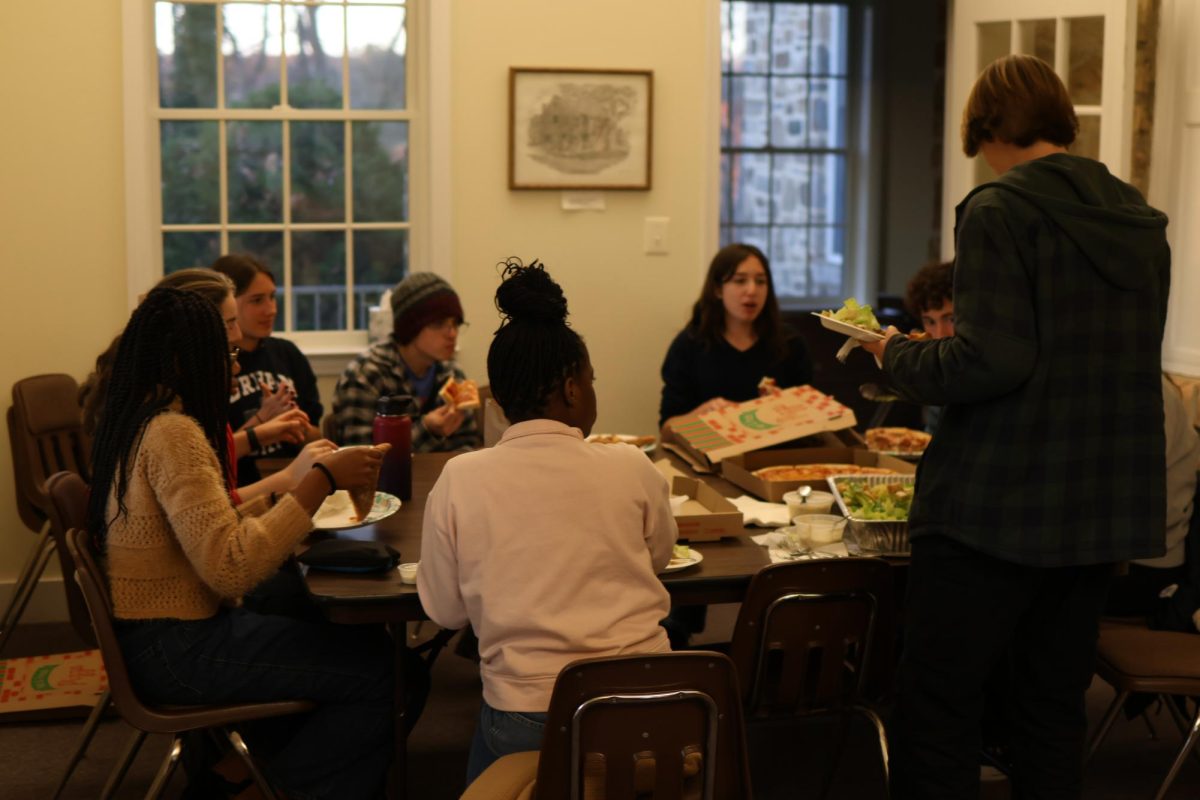

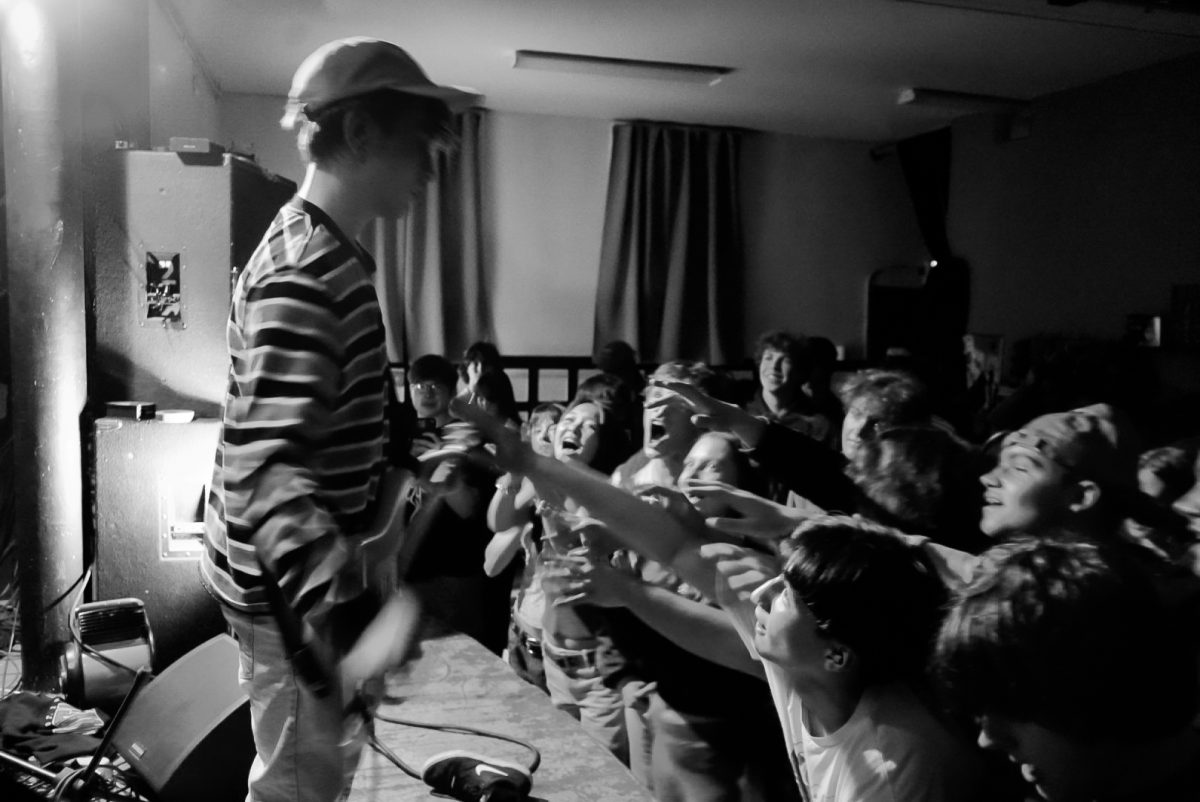

![How Freestyle Club Began [Podcast]](https://thequakerquill.org/wp-content/uploads/2025/05/charly-alvarez-Jv9untmB7G4-unsplash-1200x800.jpg)
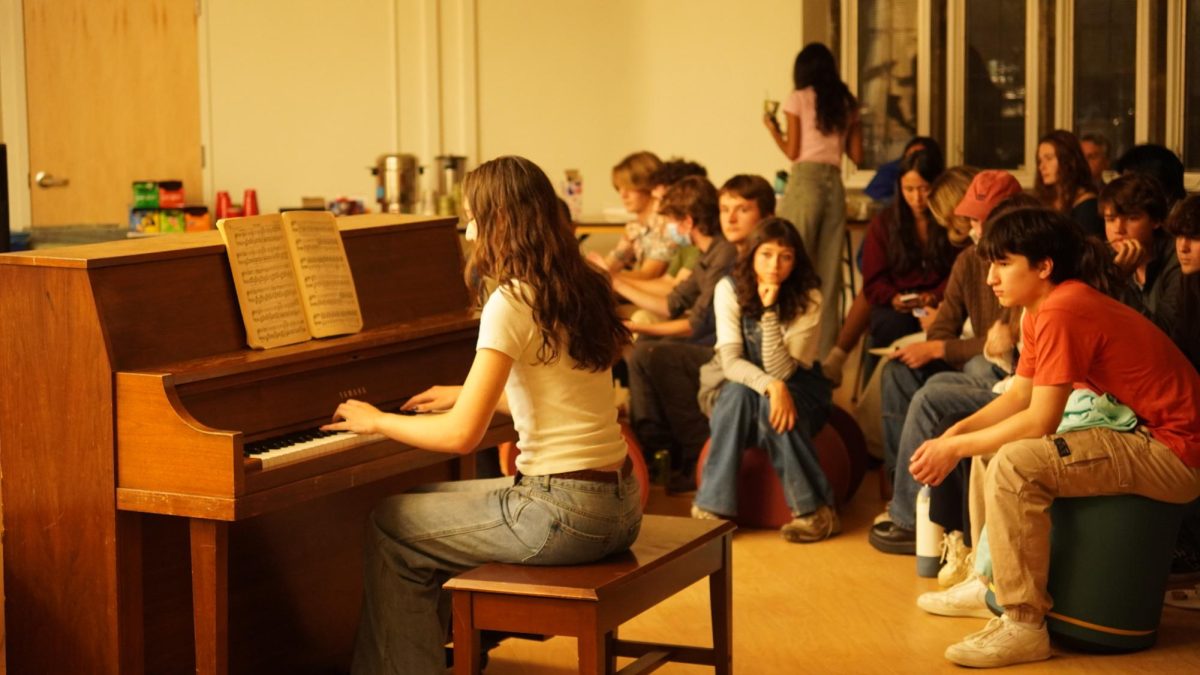
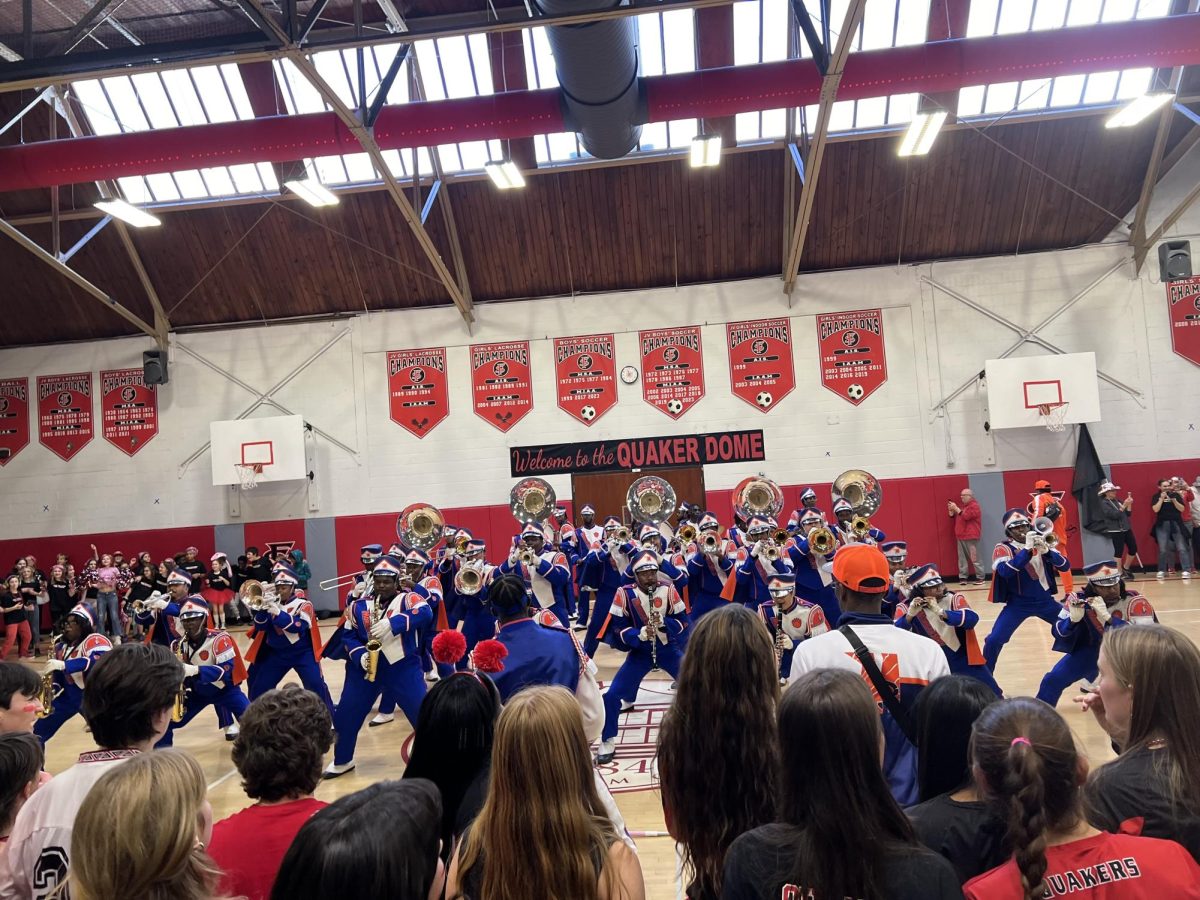
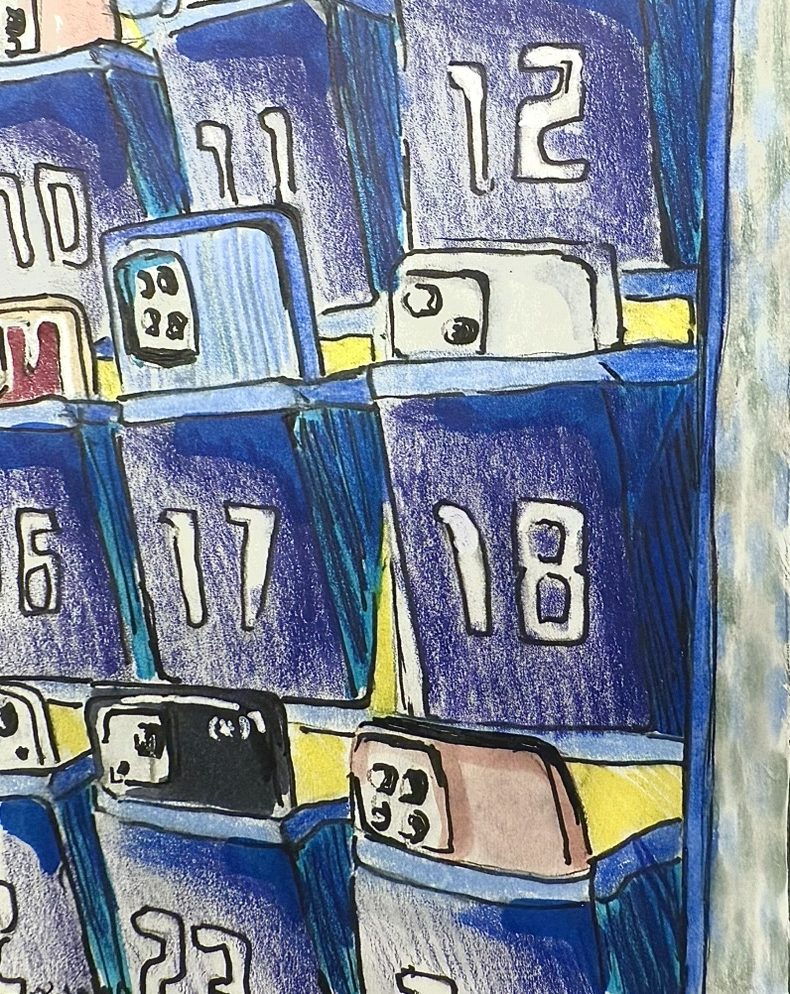
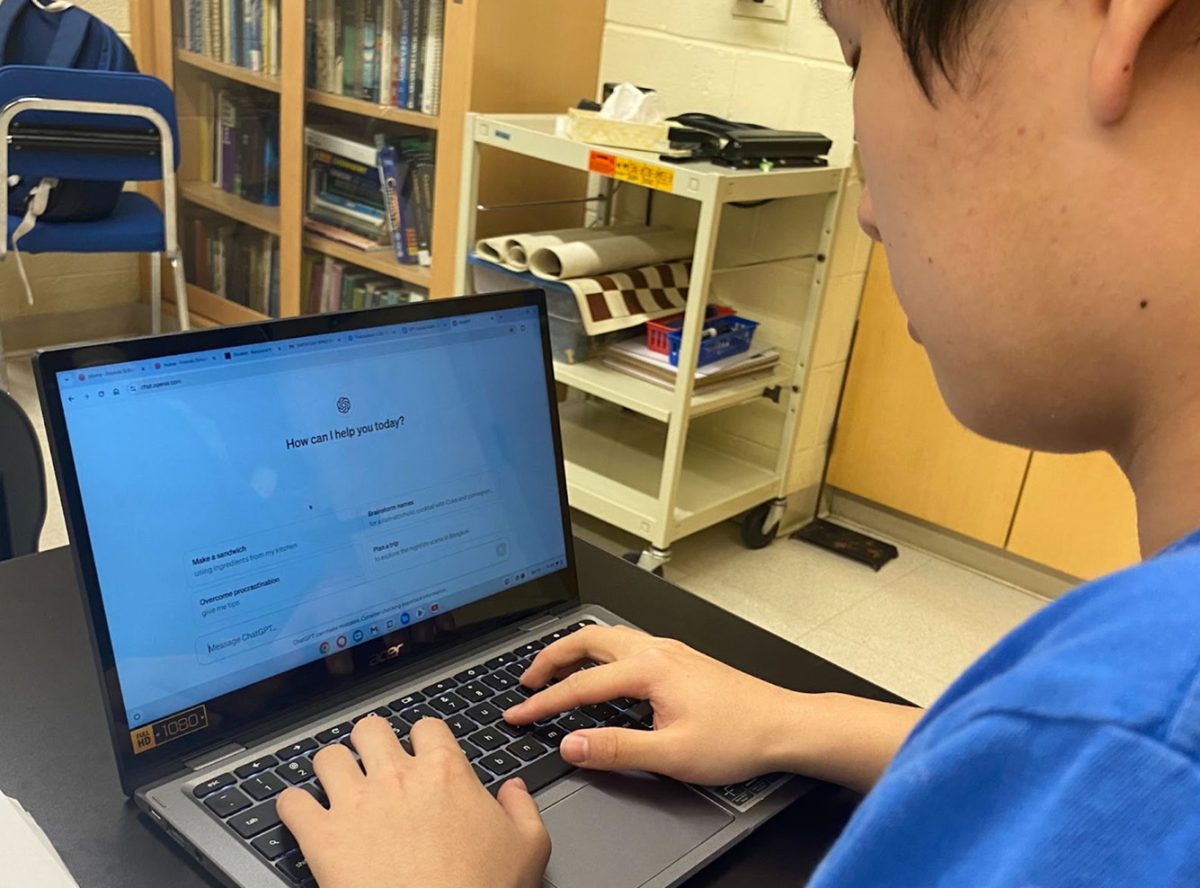
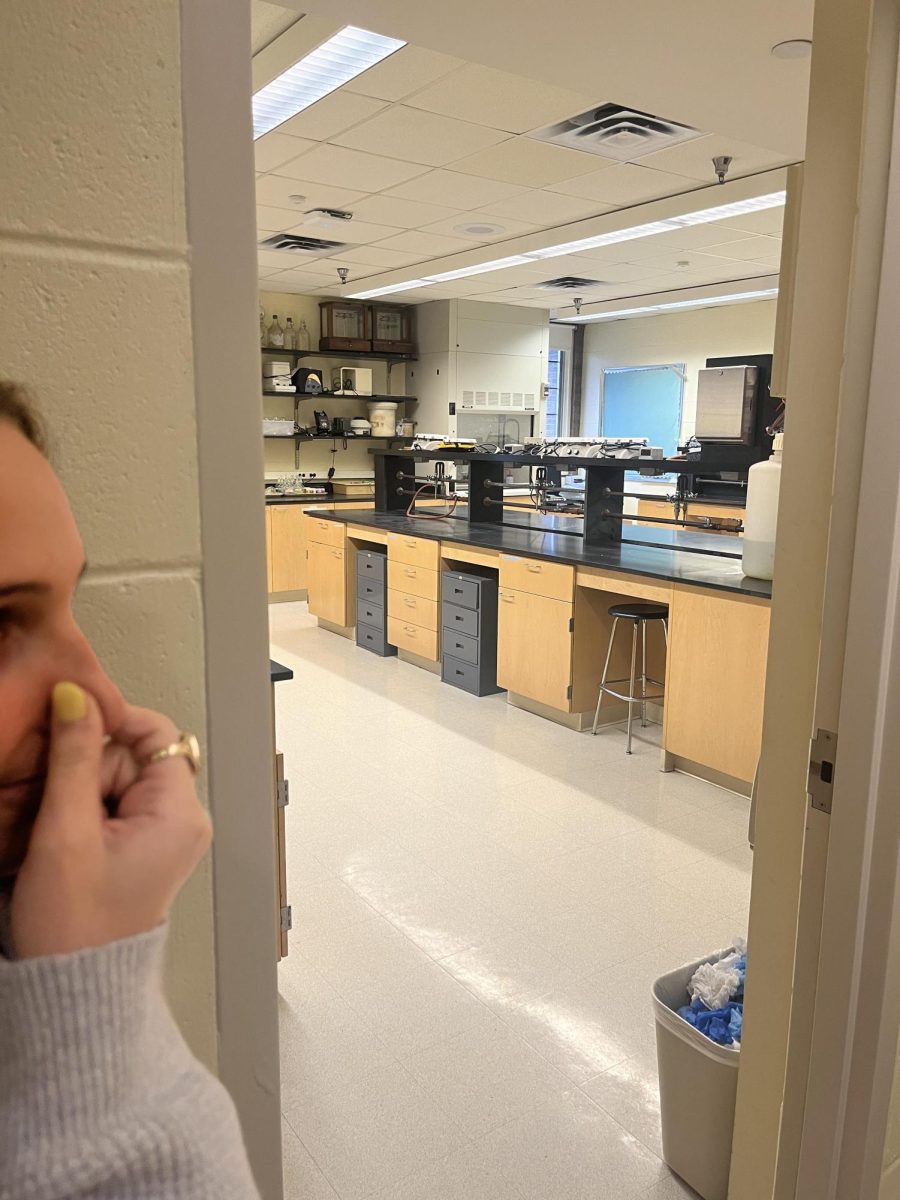
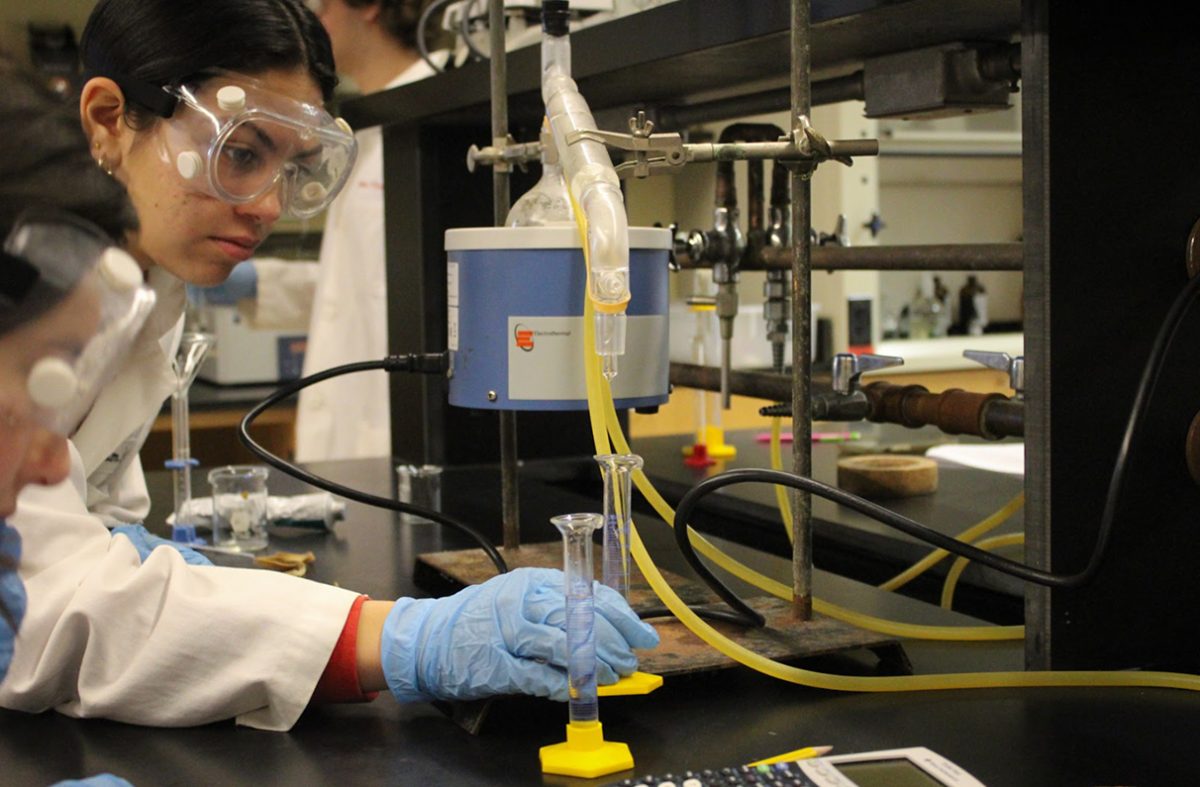



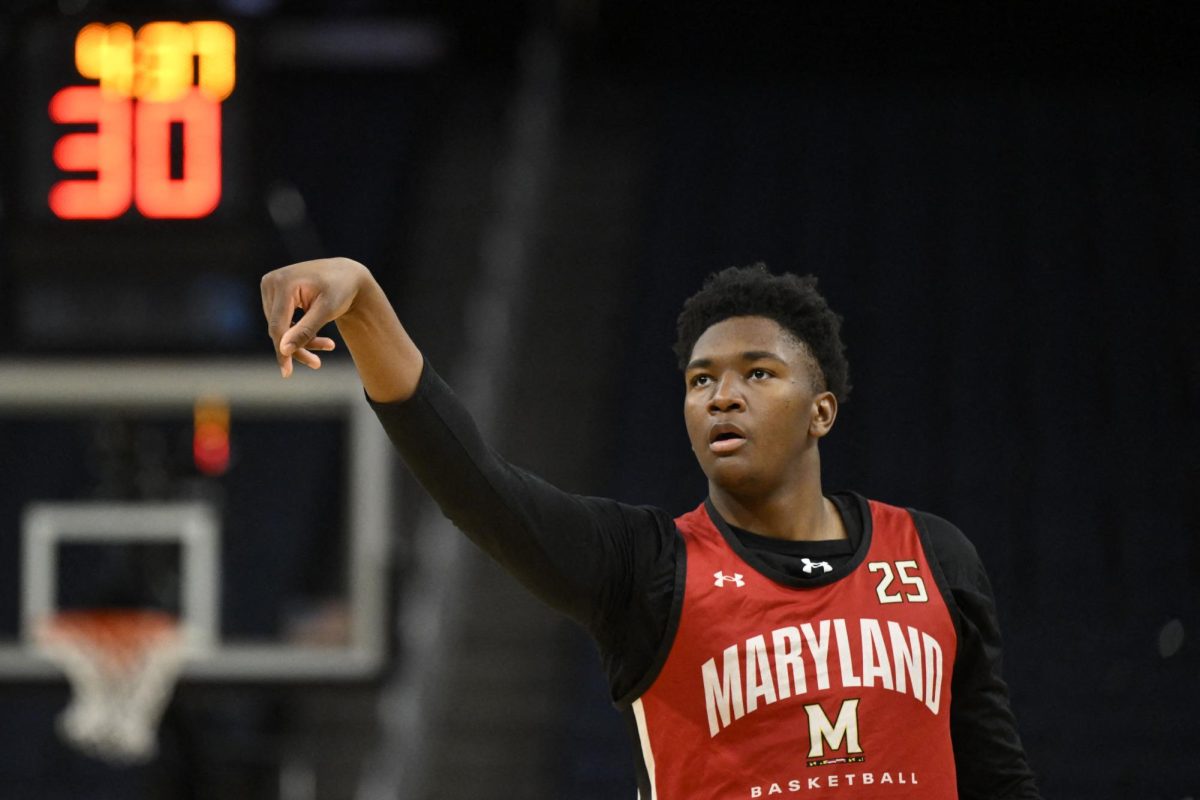
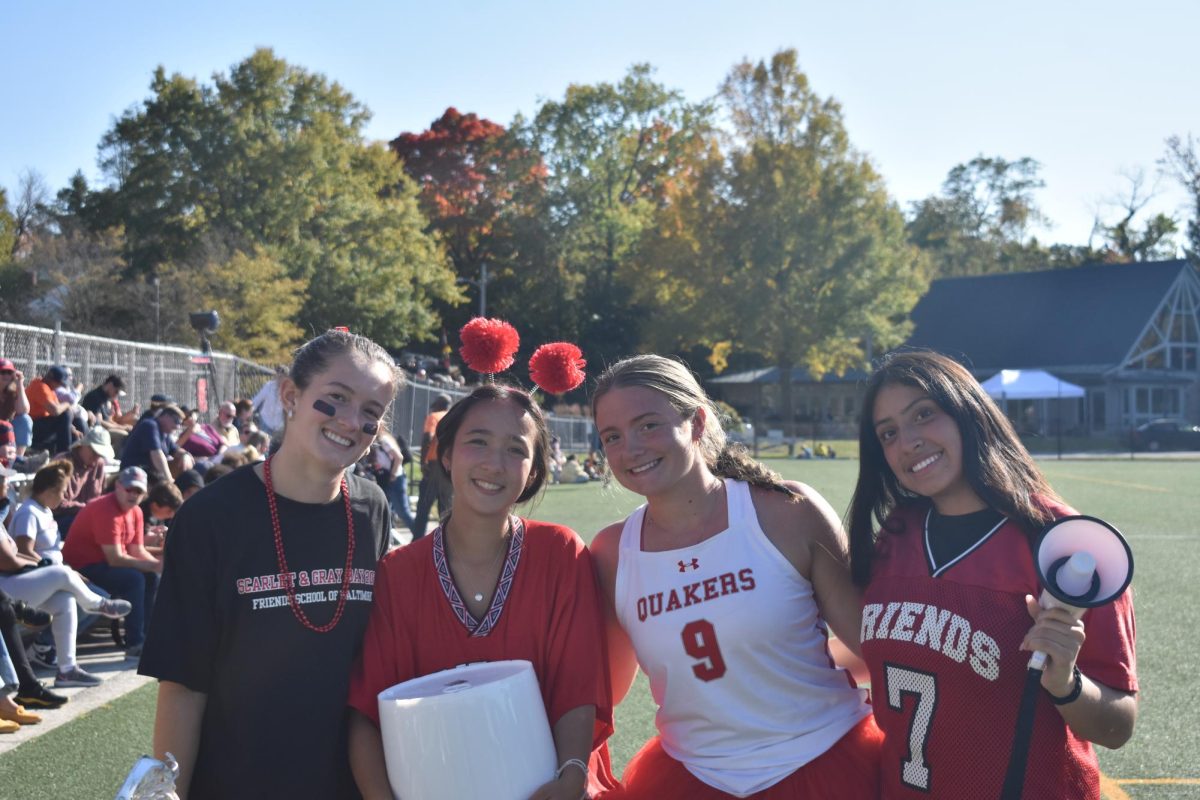


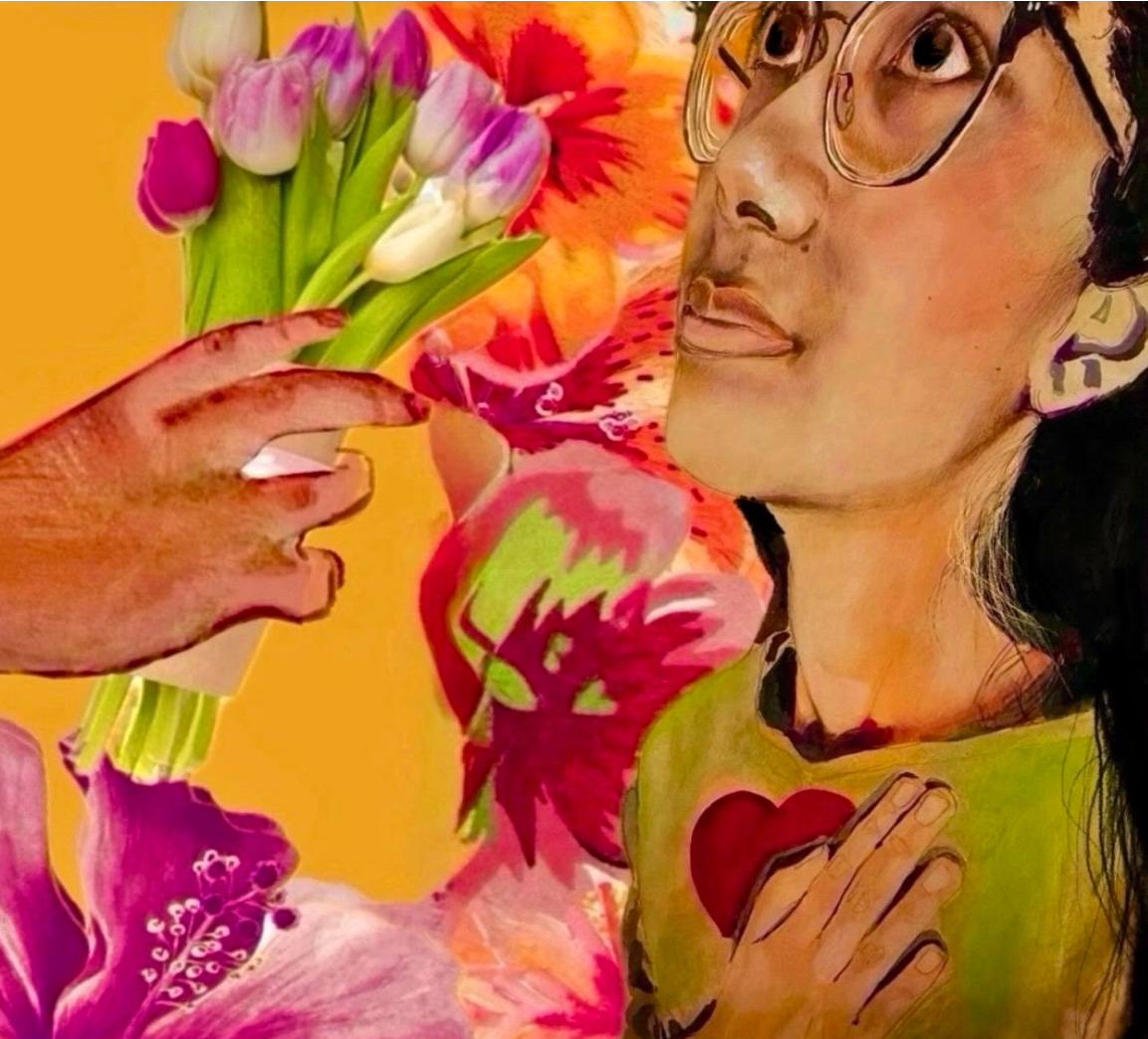



![A Phone Ban at Friends? [Podcast]](https://thequakerquill.org/wp-content/uploads/2025/05/magenta-VrRT19_ZjUY-unsplash-1200x900.jpg)
